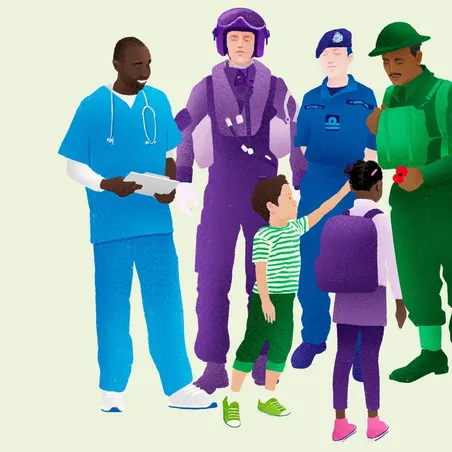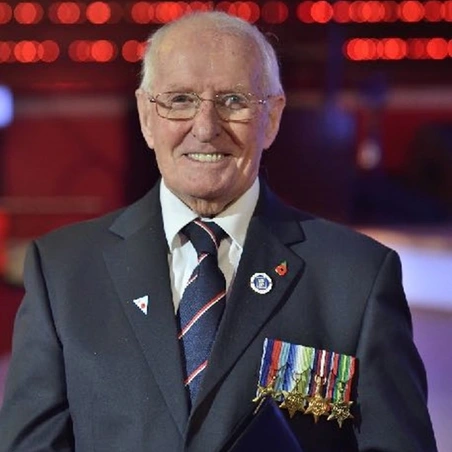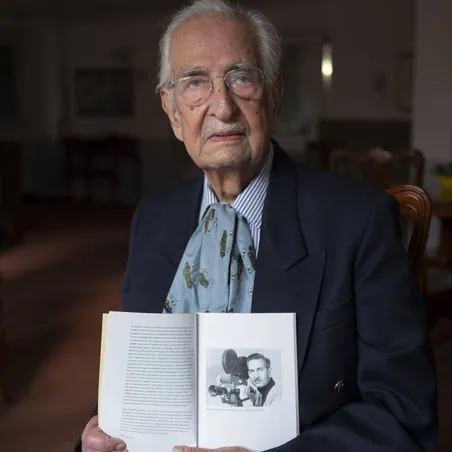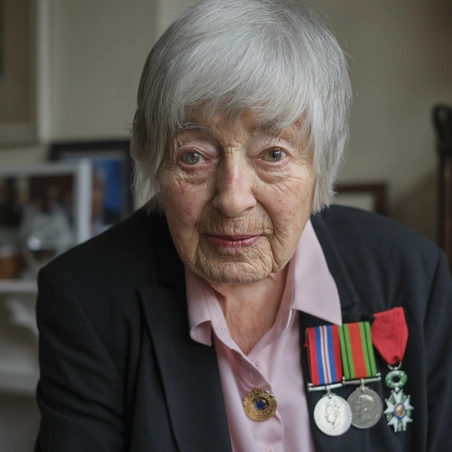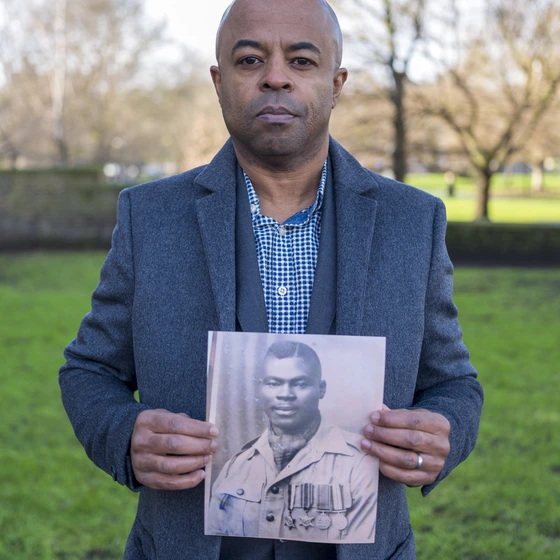
RSM Michael Kofi Adjivon
Michael's story began in Togo in 1920, but his path led him to the Gold Coast (Ghana), at the age of six to live with his uncle. Tragedy struck early when his uncle passed away, forcing Michael to cultivate self-reliance at the age of 15. As a member of the boy scouts, he was fascinated by the soldiers at the local barracks and would run errands for them whenever he could. He ultimately convinced some of the officers to help him enlist when he turned 18.
Michael trained as a signaller at 1st Signal Training Centre, Kumasi and later transferred to General Headquarters as a despatch rider.
When the war broke out, he and his fellow soldiers were instilled with a sense of duty, told to be prepared to defend their freedom and fight with everything they had against the Axis powers' threat. More than 90,000 personnel from African regiments were deployed to the Far East, and Michael joined them in 1943 as part of the 'Forgotten' Fourteenth Army.
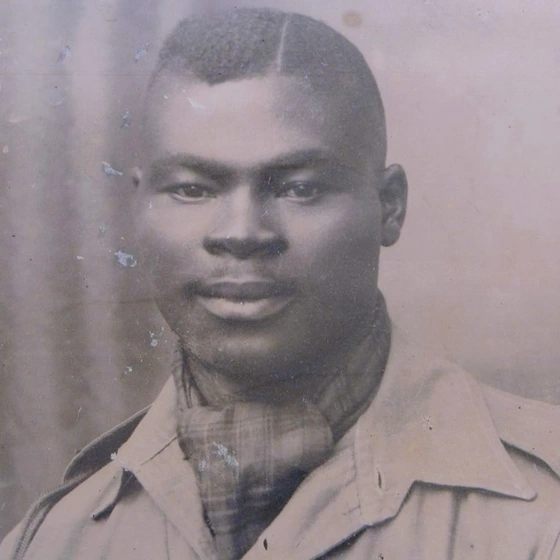
From Ghana to Burma
He stood among the infantrymen of the 81st (West Africa) Division, playing a vital role in halting the Japanese advance and securing victory at Mayohaung in the Arakan region. To this day the Ghana Armed Forces hold a ceremony every year to mark the battle and remember those who fell.
Upon his return from Burma in 1946, Michael was demobilised but his connection to the military remained strong. He reenlisted with the Gold Coast Signal Squadron, rising to the rank of Regimental Sergeant Major after completing further signal training in Catterick, North Yorkshire.
The camaraderie and experiences of the war in Burma were deeply etched in his memory. This profound influence led him to build a house in Accra that became known as 'The Barracks', a lasting tribute to his fellow soldiers, adorned with plaques and mementos from the Burma campaign. A plaque on the wall includes his words: ‘It is courage and determination that wins a battle... Brace up, chest out, stride out briskly and close the gap’.
In recognition of his dedication and service, the Municipality in Accra named the square on which the property stands ‘Arakan Square’.
Michael was a keen sportsman and later promoted cycling nationwide. A relentless competitor, he took victory in the inaugural Queen Elizabeth Coronation Cup and several subsequent national titles. He is fondly remembered as the father of Ghanaian cycling.
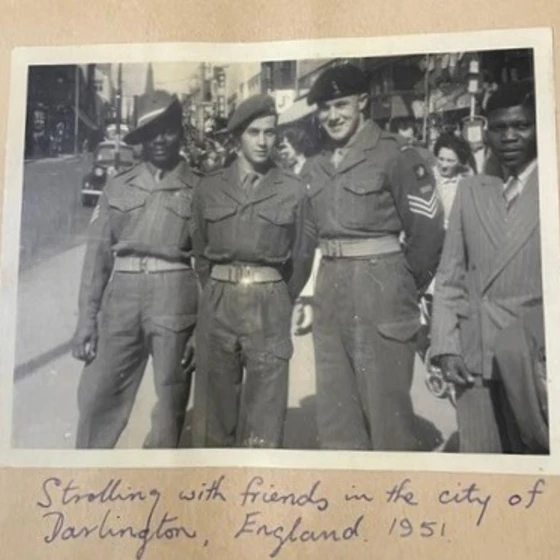
Veterans’ Association of Ghana
His retirement years were dedicated to supporting the Veterans’ Association of Ghana and the poppy appeal. "He was front and centre of a number of Veterans Associations", Mensah recalls, "so I can only imagine that is the space that he felt he could talk about those things”.
Michael found deep satisfaction in following the Remembrance Day parade and services on the World Service, connecting with fellow veterans until his passing in 2006.


